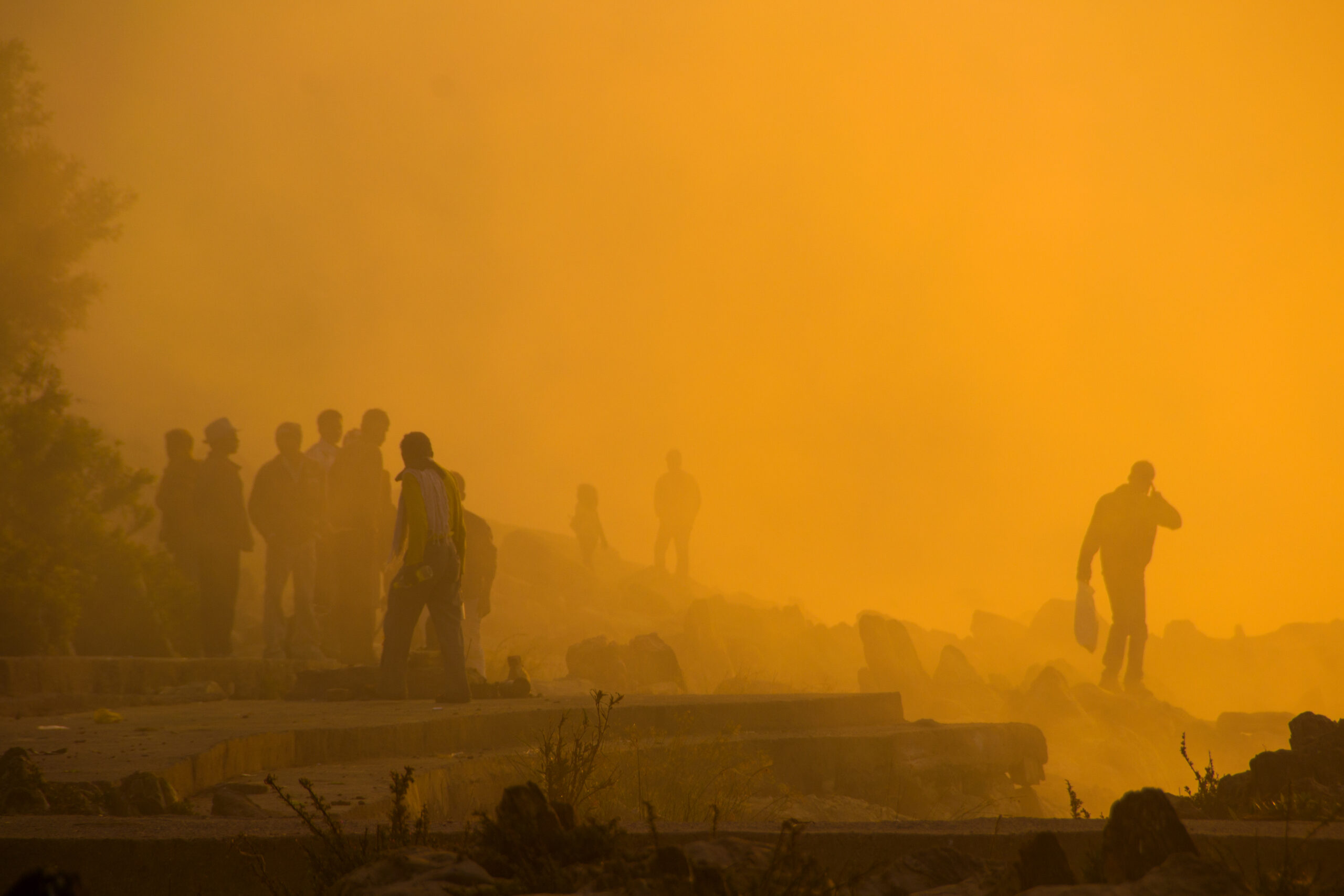Seventeenth Sunday after Pentecost
Scripture: Psalm 137
Psalm 137 is a call for total faith in YHWH. It portrays the Psalmist’s complete commitment and faith in God. A God whose identity is closely associated with Jerusalem, the land. The Psalmist seems to understand the relationship between God, land, and humans as indivisible. They are interconnected and yet they maintain their distinctiveness. It is important for us to look at the context of the Psalm, to enable us to hear what the Psalmist is really saying.
The historical setting of Ps 137 is the Babylonian exile and the psalm should be understood in light of its historical context. It is important to understand what was at stake for the exiled people of Judah. Deportation by the Babylonians was cruel: Judah lost not only their homeland but also the temple, where their God had revealed himself. Therefore, the very existence of the people of Judah and their faith in YHWH were jeopardized.
The maltreatment of the people by the Babylonians, including a command to sing songs and psalms about their homeland is a reminder of their slavery situation. How can they sing the Lord’s song in a foreign land? Is it not enough that they suffer, and still asking to sing about Jerusalem? To sing the Lord’s song in Babylon is to remind them that they have been deserted by their God.
The refusal to comply with the command may reflect two things. One, is the unwillingness to give in to the demands of slavery, an act of rebellion against a suppressive force that hinders them from living life to the full in freedom. This act of rebellion connotes a strong longing for justice. Today, millions are enslaved around the world, politically, economically, socially, and spiritually. The main aim of the suppressor is to gain exploit others for to gain profit. This enslaving is not confined to humans only, but to everything including mother Earth. We have to move away from the dualistic understanding of things, because that is the root philosophy that puts people and creation into categories and compartments. In such dualistic philosophy, hierarchical structures are put in place, and those at the top matters the most. They are the dominant, powerful and rich few who suppresses and exploits the majority. Secondly, willingness to sacrifice for the sake of maintaining their trinitarian understanding of life. The Psalmist’s dedication and devotion takes the form of a solemn vow invoking upon himself the penalty of total or partial paralysis, in which case he would lose control of the most important organs of a musician – his hands and tongue. The Psalmist refuses to use the talents to entertain and satisfy the mocking attitudes of the suppressors.
The message of Psalm 137 to the believers of God is that when the present world system may pressurize them to mock God and ultimately abandon their faith, they should continue to honour God and persevere in trusting him. Even though it may seem that they live in exile far removed from God, literally or figuratively, in those situations, the believers should refuse to participate with the ungodly in the mockery of God. Instead, they should stand firm in their faith and remain loyal and devoted to God. No matter how difficult the present circumstances may be, be reminded that God suffers with us, because our struggles and pain are God’s struggles and pain. God, creation, and us humans are interrelated. Our loyalty to God therefore, is manifested in our love, respect, and loyalty to the ‘other’ and creation.
-Rev. Dr. Tafue M Lusama
Pacific Theological College


